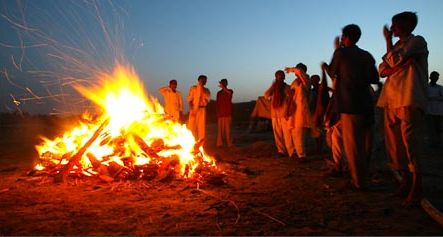
Resomation, or bio-cremation involves a chemical process similar to natural anaerobic digestion called alkaline hydrolysis. The body is placed in water in an aluminum container, and potassium hydroxide, heat and pressure are added to dissolve the body tissue. In about three hours, the average time that conventional cremation takes, the flesh is reduced to a liquid sludge and what is left is some bone residue similar to ashes. The resulting liquid is non-toxic and can be disposed of in a variety of ways including, if necessary, into the waste water system.
It is these last details that have caused some negative publicity, particularly in Scotland, where it was likened to an acid bath. Any procedure involving body disposal whose practical details are closely scrutinised by the public is likely to horrify, indeed when cremation itself was first proposed it caused public outrage, as seen below.
The fact is, it appears to be genuinely greener than the current system, both in the energy needed to power it and in what it produces. Whether the public in this country can deal with it remains to be seen. It is shortly to be implemented for its first commercial use in Pennsylvania, having been used in the States for some time in medical clinics.
Latest news from Promessa UK - the company has severed all ties with Promessa Organic AB (Sweden) as of 29th March 2012, stating 'Promessa UK believes Promession is still at concept stage'.
Read the full statement here
Cryomation, another commercial name like Resomation is the term given to a procedure originally conceived by a Swedish biologist called Susanne Wiigh Masak and christened by her Promession, in which a body is lowered into liquid nitrogen and freeze dried. This drives out all of the water, and the body is then subjected to a process which breaks it up into granules, which can be buried.
In theory, the concept has many benefits, not least of which is that the public, logically or not, appear to be more comfortable with the idea of extremely cold temperatures and its associations with cleanliness. Both procedures are infinitely more acceptable from an environmental point of view than the current method, and could slot into the existing crematorium templates.
However, we at the NDC have many issues with this idea, both with regard to what the public understandably refer to as its conveyor belt feel - the short time slot and the industrial atmosphere of many crematoriums--but also the spiritual sterility of the actual procedure. News that Promessa UK has severed ties with the Swedish parent company confirms our reservations.
On the other hand, an alternative that we are very much in favour of is: Open air pyres
